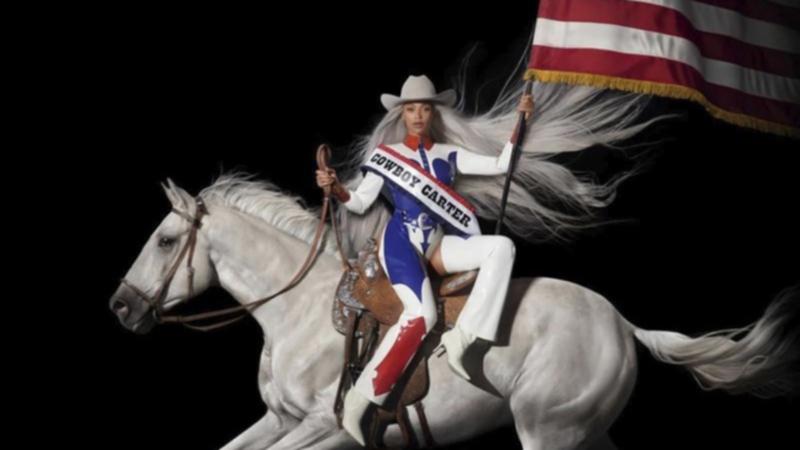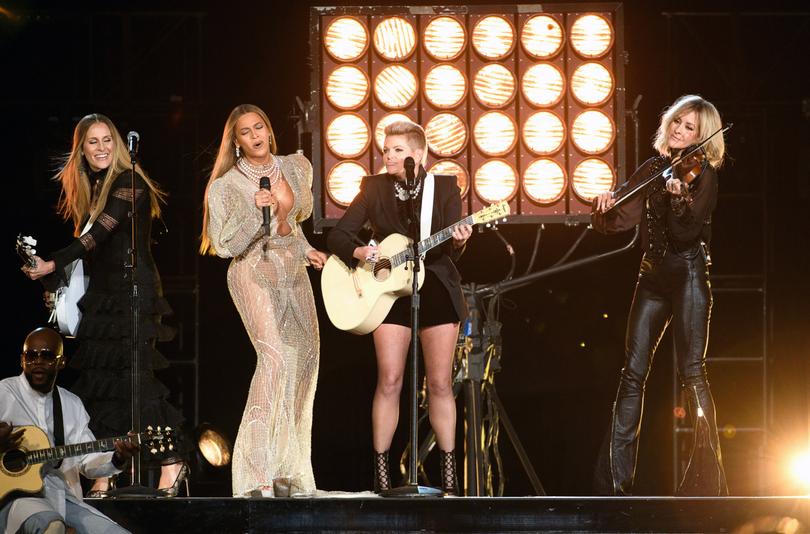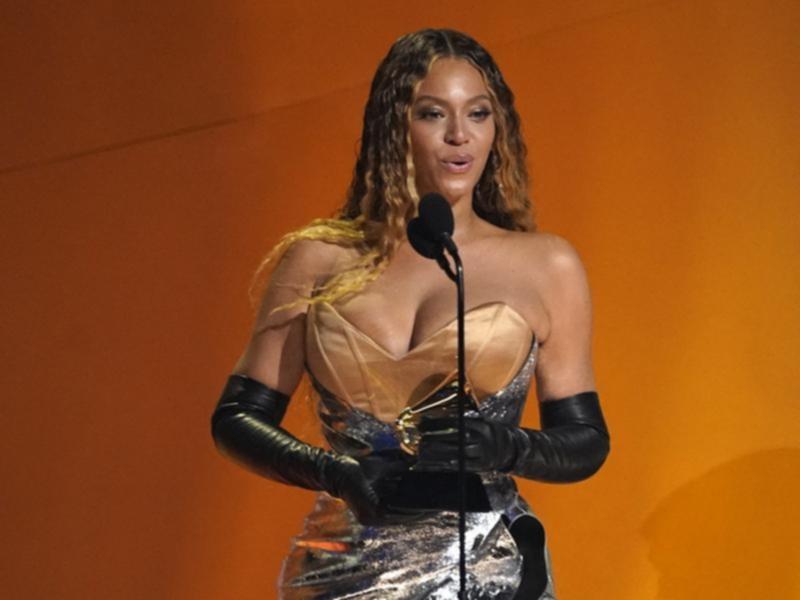Cowboy Carter: Beyonce vindicated against country music’s gatekeepers
Cowboy Carter is breaking records and with that, Beyonce is vindicated against an industry that tried to keep her out.

Is it any surprise that Beyonce’s country music album Cowboy Carter has already broken streaming records?
Beyonce’s eighth studio album was released into the world on Friday and immediately shot up to the top of Spotify’s charts with 76 million streams. The music platform announced it was the most-streamed album in a single day in 2024 so far.
Perhaps even more significant is Spotify’s contention that it’s the first time a country music album has held the title this year.
Sign up to The Nightly's newsletters.
Get the first look at the digital newspaper, curated daily stories and breaking headlines delivered to your inbox.
By continuing you agree to our Terms and Privacy Policy.That’s particularly sweet vindication for the Texan-born Beyonce, whose past treatment by the country music industry has been a sore point since her infamous 2016 Country Music Association awards appearance. The performance should have been uncontroversial, but the reaction to it was anything but.
Beyonce hasn’t specifically named the CMAs but in her accompanying statement to Cowboy Carter’s release, she said the album “was born out of an experience that I had years ago where I did not feel welcomed… and it was very clear that I wasn’t”.
In 2016, a few days before the US election which elected Donald Trump president, she performed her song Daddy Lessons, off the universally acclaimed Lemonade, at the CMAs with The Chicks (previously known was The Dixie Chicks).

Depending on who you ask about how it played in the room, people remember it differently. The CMAs’ executive producer, Robert Deaton, told Vulture, “I thought it was incredible, I thought the reaction was amazing” but Tanner Davenport from the music website Black Opry tweeted last month, “I was at the CMAs the night this happened. I’ll never forget when a woman in front of me yelled, ‘Get that Black b**h off the stage”.
Centred in Nashville, Tennessee and worth tens of billions of dollars, the American country music industry has been, overwhelmingly, a space for white musicians. The systems that support the industry, including record labels, radio stations, venues and executives, also favour conservative values.
The CMAs are a big part of that gatekeeping. The Chicks was exiled from Nashville after its 2003 public comments against George W. Bush and his government’s invasion of Iraq. The 2016 CMA performance was the first time The Chicks had been back at the awards.
Daddy Lessons was rejected from the Grammys’ country categories while the song was also reportedly boycotted by some country music radio stations.
That backlash to Beyonce’s CMAs’ performance was echoed in some quarters when she released the first track off Cowboy Carter, Texas Hold Em. An Oklahoma radio station refused a fan request to play Texas Hold Em because it didn’t consider it country enough.

“We do not play Beyonce at KYKC as we are a country music station,” the station manager Roger Harris emailed Justin McGowan, the fan. After a screenshot of the email McGowan called “ridiculous and racist” drew 3.4 million views, the station backtracked.
In 2019, Lil Nas X added country star Billy Ray Cyrus to his track, Old Town Road, after Billboard removed it from the country charts. It was a challenge to the establishment, and the debacle kicked off another chapter in the conversation around American country music and race.
Despite the genre’s roots in black music – Alice Randall, songwriter and author of My Black Country defines country music as drawing on three forms: Celtic storytelling traditions, Christian evangelism and African influences – as Beyonce has experienced, it hasn’t always been welcoming to people who look like her.
But with Cowboy Carter, she is changing that. She is reclaiming the industry’s black history. There’s even a track named after Linda Martell, the first black woman to play at the Grand Ole Opry, the mecca of Nashville.

